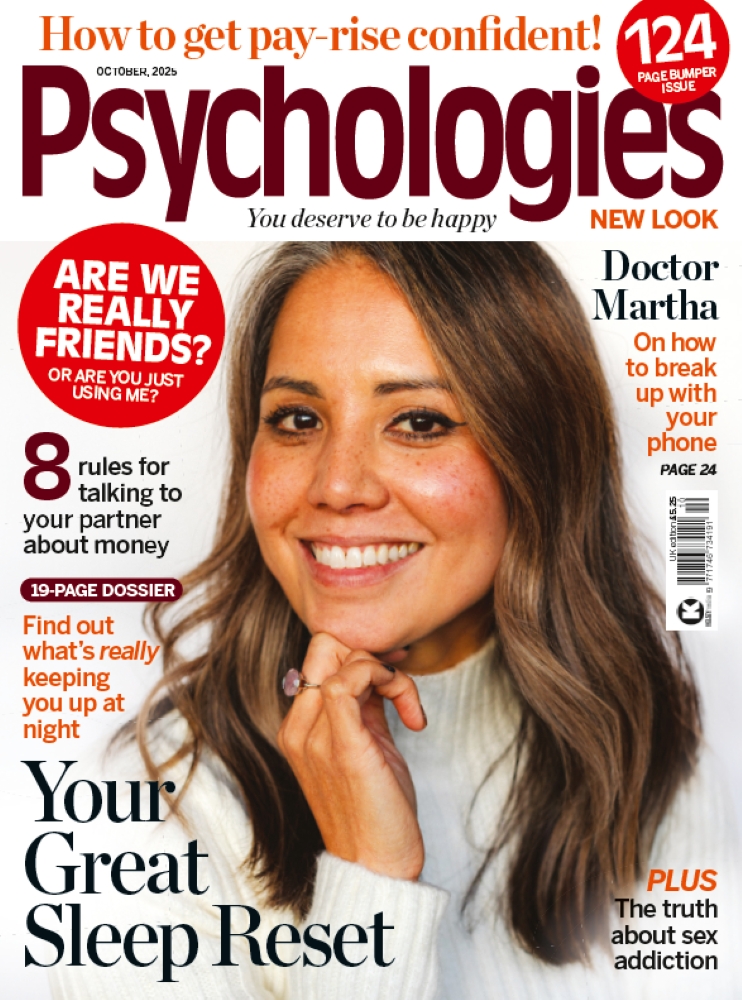Happiness Book Club 7: find purpose in work
Vanessa King, positive psychology expert at Action for Happiness, recommends a book every month to improve our happiness levels. This month we explore how to work smarter

Work gives us more than an income, it also provides purpose, meaning and social connection, and is a chance for us to learn new things. Yet many of us feel that our jobs are wearing us down, which is why I was drawn to How To Have A Good Day by Caroline Webb (Macmillan, £14.99).
One area Webb tackles is the value of punctuating our day with ‘pause points’, to help our brain process information and make good choices. This resonated with me. Many of my decisions are incidental, say, what to have for lunch, and we set autopilot for many others, such as our commute. Then, there are decisions that have important consequences: how we respond to a customer or a tricky colleague; or what information we highlight to our bosses.
The brain is designed for these types of choices – we have a fast ‘automatic’ system, which helps us cut out the mental clutter, by automating our regular, incidental decisions. It is fast, but it can also be inaccurate, and it tends to take over when we are tired. The ‘deliberative’ system is slower, but more accurate, as it is dealing with more complicated and important choices. However, it takes a lot of effort and energy, which means it tires easily and becomes overloaded.
So, how can we make the most of our brain’s capabilities? Webb encourages us to take ‘smart breaks’ punctuating our day with short periods of downtime to allow our brain’s deliberative system to recover. Schedule meetings for 45 minutes, but diarise an hour, or aim to end phone calls earlier. Use the extra minutes to pause and reflect.
Webb also advises us to work for no longer than 90 minutes without a mini-break, for optimum focus, and to save mentally taxing tasks for when we are at our most alert.
Three questions to discuss this month:
- During your working day, what helps you to rest, recharge and refuel your brain?
- What excuses do you make for not taking pauses or short breaks? How can you counter those excuses?
- What are your ideas for different ways to punctuate your day with some deliberate ‘smart breaks’?
For more on Action for Happiness, go to actionforhappiness.org. Create your own HAPPINESS BOOK CLUB here.
To receive monthly updates about our Happiness Book Club and more information, sign up here:
*’Learn how to think differently’, harvard business review, 2011.
Photograph: iStock










